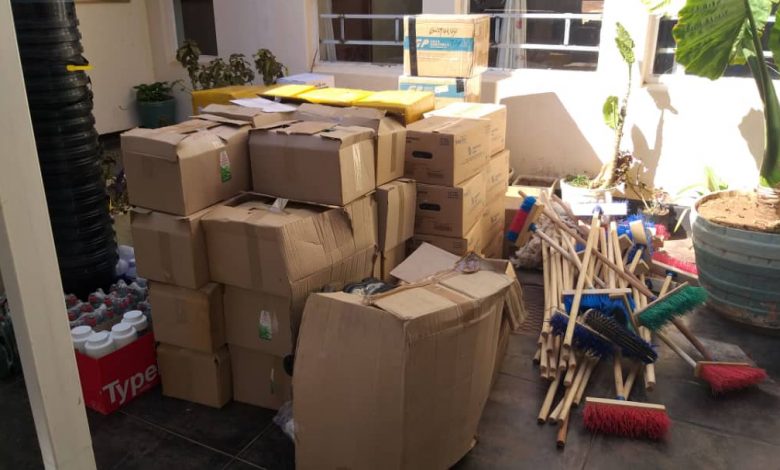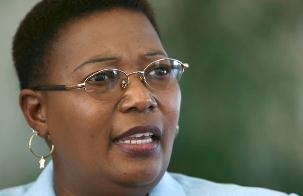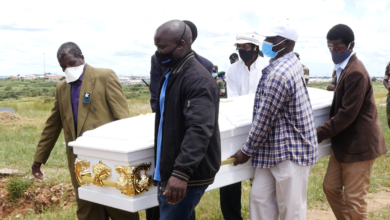
The Zimbabwe Association of Doctors for Human Rights (ZADHR) Friday donated Personal Protective Equipment (PPE) to the United Bulawayo Hospitals (UBH), amid indications that demand has soared, triggering a national shortage.
Demand for PPE has grown again across the country at a time when coronavirus cases also continue to rise.
As at September 3, 2020 Zimbabwe had recorded 6 638 confirmed positive cases of Covid-19, which includes 5 250 recoveries and 206 deaths.
ZADHR anticipates a surge in requests for PPE and has been going around the country donating the gear to health workers.
The association targeted UBH, which has started admitting Covid-19 patients after it was set as a temporary Covid-19 centre pending the completion of renovations at institutions designated to deal with the pandemic.
ZADHR donated 2 000 rapid test kits, 1 000 N95 masks, 7 000 surgical masks, 20 surgical boots, 400 goggles, 400 face shields, and intravenous (IV) fluids including medication such as antibiotics, paracetamol, methylated spirit, soaps, buckets and mops.
In an interview with CITE, ZADHR Secretary General, Dr Norman Matara, said there was a general and persistent shortage of PPE across the country, which moved the association to step in.
“This donation resonates with our call to protect frontline workers, making sure doctors are protected as they go about their work in dealing and handling Covid-19 patients. This is our effort to complement the government and we came to UBH as it is one of the designated centres to treat Covid-19 cases in Bulawayo,” he said.
Dr Matara said ZADHR embarked on the drive three months ago and so far, has also gone to Gweru and Mutare and will soon be proceeding to Masvingo.
He noted that over 500 health workers across the country had tested positive for Covid-19, which attracted attention on the acute shortages of PPE for frontline workers.
“PPE remains a challenge, even worldwide well-resourced countries such as the United States have challenges of inadequate PPE so it becomes worse for Zimbabwe. The situation is critical as we don’t have enough PPE,” said the doctor.
Dr Matara said demand for PPE was set to go up as some health workers who were on strike were returning back to work.
“Since last week, some health workers have been returning to work so we anticipate more demands, an increase in the need and use of PPE,” he said.
“We also urge the government, which is the biggest player in the country’s health sector, to make sure frontline workers are well equipped.”
Dr Matara highlighted that the cost of PPE in the country was slightly going down.
“PPE is available locally from wholesalers who may also import. The cost of buying PPE has been slightly reducing, as it was expensive when we started our programme three months ago, but now the price seems to have gone down a bit, perhaps this is due to demand that has seen more local companies producing PPE locally,” said the ZADHR secretary general.






